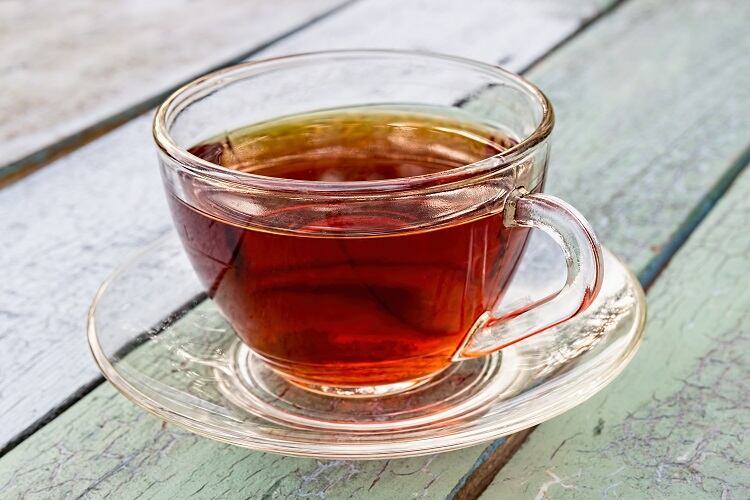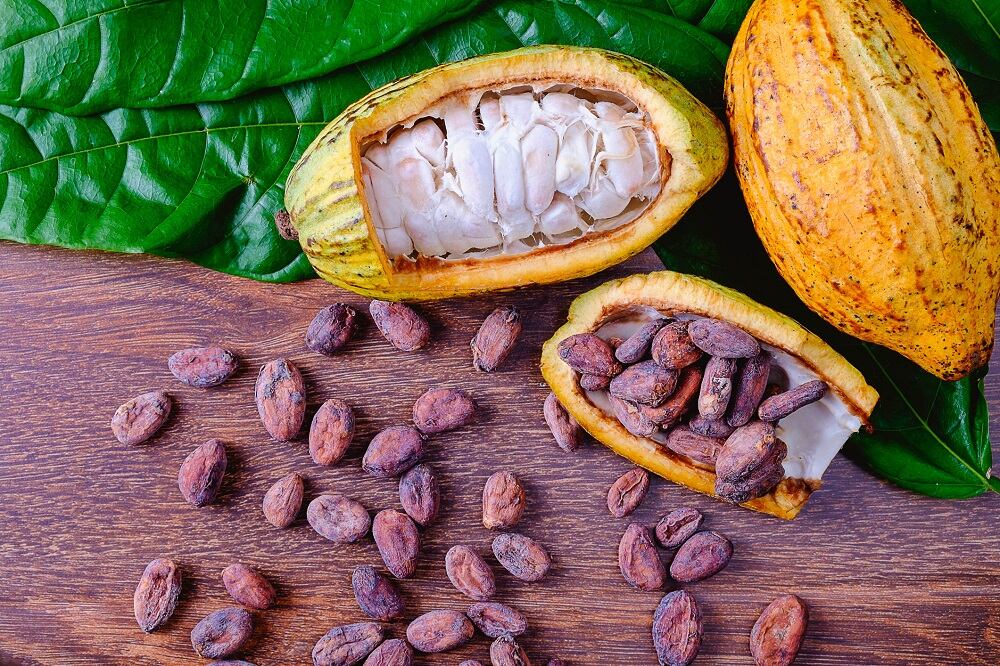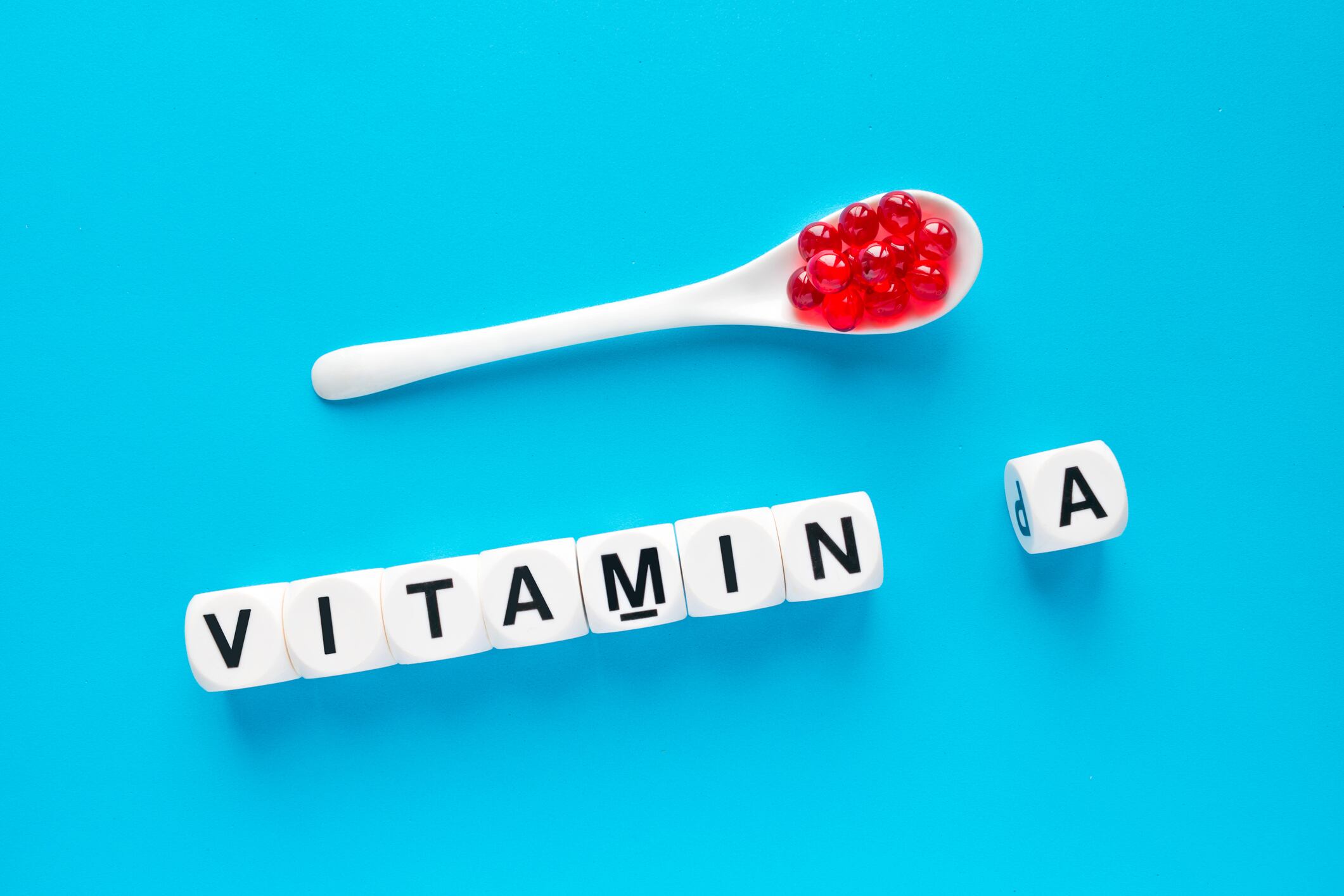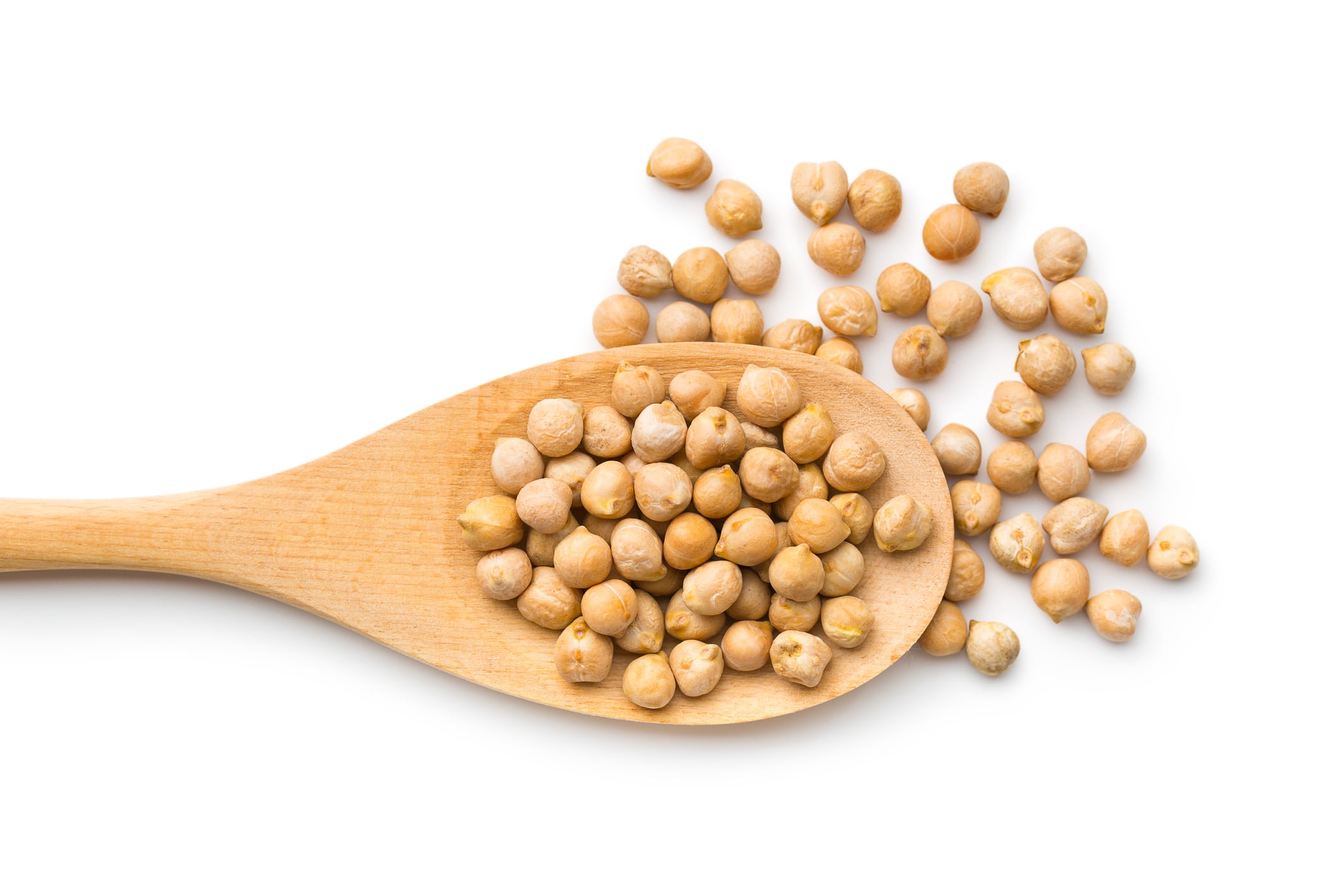Writing in the international patent, Carlos Augusto Da Cruz Marques said the highly concentrated blends - individually packaged in tubes, dropper bottles, vials or sachets - could be used to make tea using hot, warm or cold water but also added to other beverage types including soft drinks, alcohol-free wines and cocktails. Made from a mix of plant and wine extracts, the blends were rich in natural bioactive substances including flavonoids and phenols, he said.
“Concentrated plant and wine preparations make it possible for users, at any time and place, to enjoy the beneficial health properties of these plants and their assets,” Marques wrote in the patent.
Tea power – 'great benefits to human health'
Growing interest in functional food and beverages and phytotherapy, the inventor said, had “awakened the market for the offer of new products”.
While there were great human health benefits associated with the consumption of functional food and beverages, he said these products had to be consumed on a regular basis to effectively perform the expected function in the body.
Tea consumption, specifically, had many health benefits attributed to the consumption of popular varieties, including hibiscus, green, chamomile, lemon balm and jasmine but were often difficult to consumer regularly.
Hibiscus, for example, was rich in a number of active substances, including flavonoids, phenols, and alkaloids that provided “great benefits to human health”, he said, and roselle – a certain species of Hibiscus – was known for its diuretic and antihypertensive properties, as well as anti-fungal, anti-bacterial and anti-parasitic effects. Green tea was reputed for its richness in flavonoids and polyphenols, he said, which give an antioxidant and anti-inflammatory effect and chamomile known for flavonoids and terpenoids and treating inflammation and gastrointestinal disorders.
However, Marques said the traditional way teas were made with hot water often degraded bioactives present, “considerably reducing the possible benefits to human health”.
While other tea preparations had been developed in recent years, including powder teas and ready-to-drink varieties, he said the “great majority” of these products contained added preservatives, colorings, sugars, sweeteners and other compounds “that mitigate the natural character of the teas”. In addition, many were marketed in pots or sachets unpractical for consumption on-the-go or bulky bottles with high transportation costs.
Wine power – 'another beneficial antioxidant'
Marques said there was also extensive evidence around the benefits of regular wine consumption, thanks to phenolic compounds present in the grape skin, pulp and seeds. Resveratol was also “another beneficial antioxidant” found in the bark of red grapes and had been associated with anticancer activity, he said.
“For many people, however, wine has the disadvantage of being an alcoholic beverage, especially contraindicated for users who do not tolerate alcohol or who do not consume it.”
While there were dried red wine extracts on the market, in powder or capsule form, concentrated liquid extracts ready for use in a soft drink by the final consumer were not available, he said.
And so, Marques said the development of highly concentrated blends containing both plant and wine extracts to make tea aimed to provide an easy-to-consume product with nutritional value and health benefits.
The future of good-for-you tea?
Marques said the “presentation and portability” of the invention was an important progress in the market, along with the ease of preparation making it a “very practical” product for consumers.
It was important the packages were “appropriate for total portability of the product and its easy transportation by the user in bags anywhere, even on travel in full compliance with domestic and international air travel standards for carrying liquids in hand luggage”, he said.
The blends importantly enabled control on the dosage of bioactive compounds, he said, notably trans-resveratrol, which meant the final product could be developed to contain the right quantity to obtain associated health benefits.
The blends could be made using natural or dried plants and preferably hand-made wines, Marques said. Grounded or macerated and then distilled under pressure to remove the alcohol and water content, the extracts were then blended. Ideally, the wine extracts should not exceed 15% of total volume in the final concentrate, he said. The blended, concentrated extracts could then be further enriched with natural bioactives like trans-resveratrol – ideally 100mg trans-resveratrol per serving of wine extract.
Source: WIPO International Patent No. 2019084638
Published: May 9, 2019. Filed: November 6, 2017.
Title: “Concentrated, portable liquid preparations for instantaneous production of teas, without infusion or deoction, alcohol-free wines and other, derived beverages, packaged in packages of the type, dropper-bottle or vial and sachet type for an individual serving, using extracts of plants intended for the preparation of pure or blended wine extracts and teas”
Inventor: Carlos Augusto Da Cruz Marques




